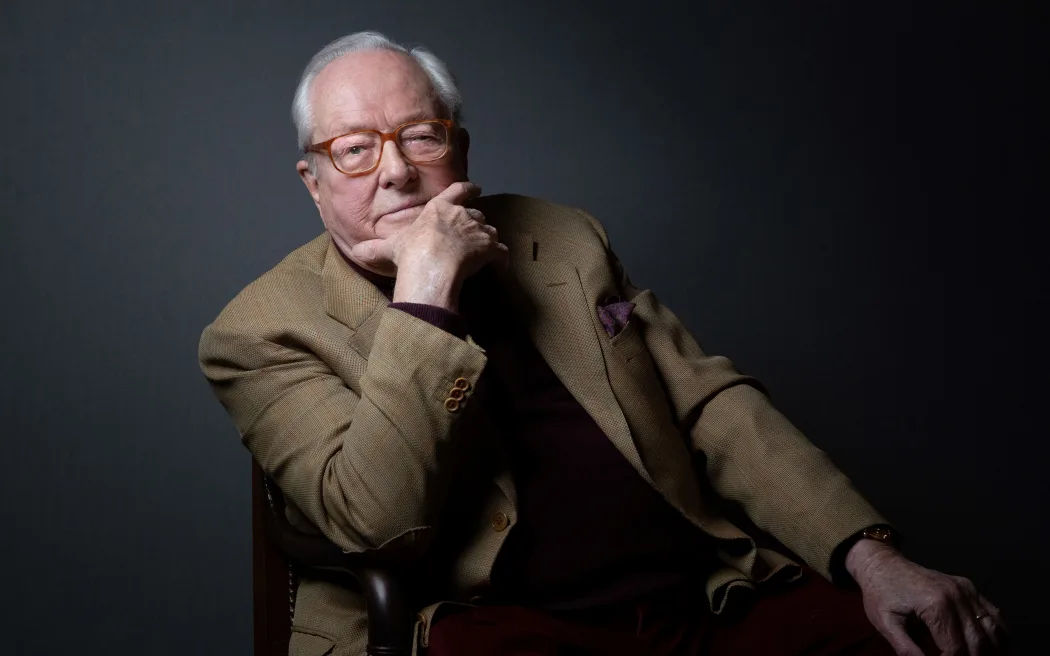Jean-Marie Le Pen, the founding figure of France’s far-right political movement, passed away on Tuesday at the age of 96, according to the French news agency AFP, citing his family.
Le Pen, who had been residing in a care facility for several weeks, died “surrounded by his loved ones,” the family announced in a statement.
Le Pen’s daughter, Marine Le Pen, is a prominent leader in the party he established, now known as National Rally (Rassemblement National, or RN).
The party has gained considerable support in recent years. Jordan Bardella, the current president of RN, confirmed Le Pen’s death in a statement shared on social media.
“He always served France, defended its identity and its sovereignty,” Bardella stated. “Today, I think with sadness of his family, his loved ones, and of course Marine, whose mourning must be respected.”
Le Pen was a polarizing figure in French politics. In 2002, he stunned the nation by advancing to the second round of the presidential election, running on a strongly anti-immigration platform.
However, his career was marked by controversy, with frequent accusations of racism and antisemitism.

Most notoriously, he referred to the Holocaust as a mere “detail of history,” a comment that sparked widespread outrage.
Marine Le Pen assumed leadership of the party in 2011 and sought to reform its image by distancing it from her father’s hardline and extremist reputation.
She expelled him from the party in 2015. Under her leadership, the RN has seen significant electoral success, including strong performances in last year’s European Parliament elections and becoming the largest single party in the subsequent general election in France.
Following the summer elections, Marine Le Pen declared that National Rally had “virtually wiped out” President Emmanuel Macron’s centrist base in the first round, securing nearly one-third of the vote.
This outcome represented a stinging rebuke to Macron’s administration, which had been grappling with widespread dissatisfaction.
Marine Le Pen now serves as a member of parliament and leads the RN bloc in the legislature.
The newly formed French government, established after extensive negotiations following the summer elections, is center-right and does not include any RN members.
However, the far-right movement founded by Jean-Marie Le Pen now wields significant influence in parliament, particularly on policies related to immigration and national identity.
